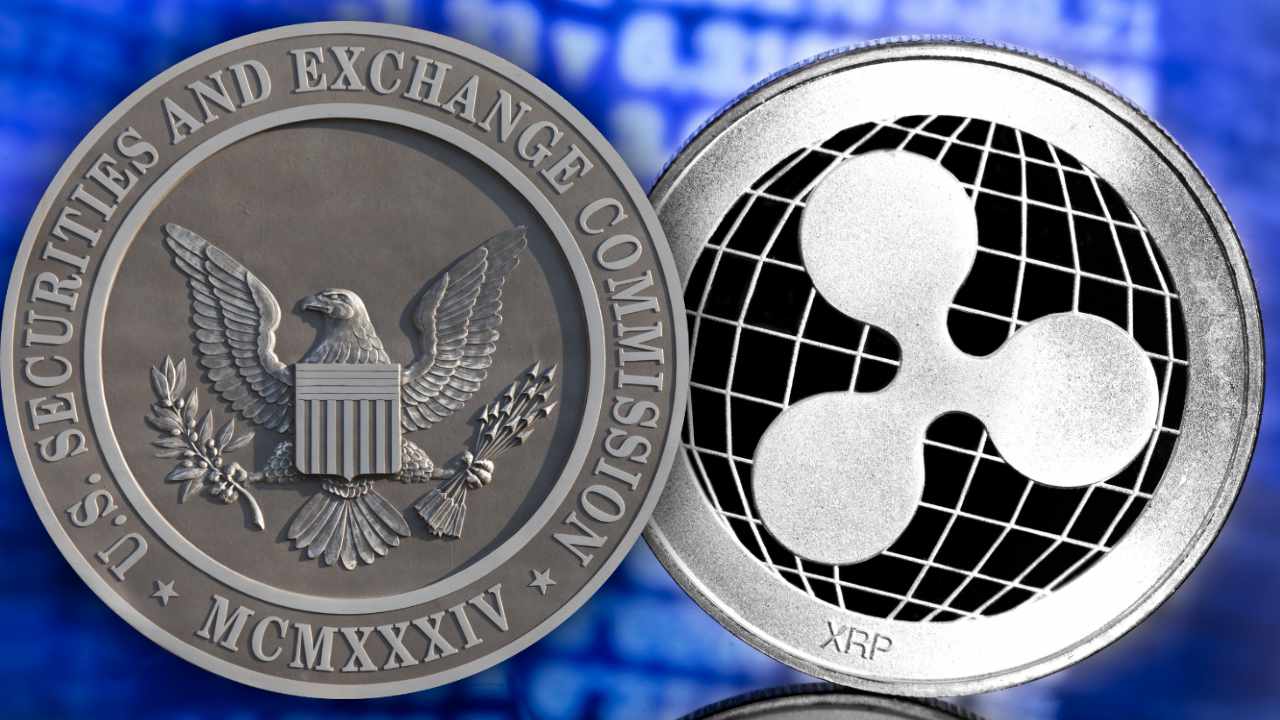The Ripple vs. SEC legal battle has been a defining moment in the cryptocurrency industry, with implications that extend far beyond the immediate parties involved. The case, which began in December 2020, centered on whether Ripple Labs’ sale of XRP constituted an unregistered securities offering. The U.S. Securities and Exchange Commission (SEC) alleged that XRP was a security, while Ripple maintained that it was a cryptocurrency, similar to Bitcoin or Ethereum, and thus not subject to SEC jurisdiction. The case created significant uncertainty in the market, affecting XRP prices and Ripple’s business operations.
The recent denial of both Ripple’s and the SEC’s motions by U.S. District Judge Analisa Torres marked a critical juncture in the case. The judge’s decision was rooted in procedural and substantive reasons, emphasizing the importance of adhering to formal legal processes. The court found that the joint motion filed by the parties was “procedurally improper,” highlighting the need for thorough and transparent proceedings, especially in complex cases that set precedents in new regulatory environments like cryptocurrency.
The judge’s refusal to grant early termination or alter the case prematurely underscored the commitment to maintaining judicial integrity. This decision ensured that all elements of the case received fair and comprehensive consideration, preventing the case from concluding through informal settlements or expedited rulings. The court’s stance on not endorsing a private settlement agreement between Ripple and the SEC at the present time further emphasized the need for clear public record and final judgments.
Despite the judge’s denial of certain motions, the broader trajectory of the case indicates that it is nearing resolution. Ripple’s voluntary withdrawal of its cross-appeal against the SEC signaled acceptance of many aspects of the existing judgment. Correspondingly, the SEC announced plans to withdraw its appeal, pending internal approval. These developments point to an effective negotiated settlement and judicial closure in the near future.
The settlement developments include a reduction of financial penalties, with Ripple agreeing to a settlement that reduced the initially proposed $125 million fine to approximately $102.6 million. This reduction is a significant win for Ripple compared to the SEC’s original demands. The absence of further appeals ensures that XRP’s status as a non-security for most transactions is effectively cemented, enabling Ripple to continue institutional sales and business expansion.
The market’s response to these developments has been positive, with XRP’s price rallying sharply following announcements about the SEC dropping its appeal and Ripple withdrawing its cross-appeal. This price movement reinforces investor sentiment and market confidence. The end of legal uncertainty removes a significant source of uncertainty that depressed XRP’s market value and adoption, paving the way for optimistic expectations and potential price targets over the next decade.
The conclusion of this legal battle marks a watershed moment for Ripple and the broader crypto industry. For Ripple, the company emerges with its business model largely intact, poised to expand institutional sales unrestricted by securities limitations. Settling legal battles allows management to focus on innovation and growth rather than litigation. For XRP holders, the resolution removes a significant source of uncertainty, encouraging market participation and adoption.
The case has set important jurisprudence on defining cryptocurrencies vis-à-vis securities law, providing a precedent for distinguishing digital assets that function as currencies rather than securities. This clarity invigorates confidence not just in XRP but also in regulatory clarity for crypto projects, encouraging institutional participation and innovation without fears of unexpected enforcement actions.
Despite the anticipated closure of the case, experts warn that full regulatory clarity for crypto remains evolving. The Ripple-SEC case, while landmark, did not resolve all ambiguities. Market participants, regulators, and companies must remain vigilant, monitoring changes in SEC policies and potential new legislation that could reshape enforcement priorities or regulatory interpretations affecting future crypto projects.
Ripple, having cleared legal hurdles, is likely to accelerate partnerships, product rollouts, and integration with traditional finance, intensifying competition in the blockchain payment space. The company’s strategic positioning post-litigation will be crucial in determining its future growth and market influence.
In conclusion, the judge’s refusal to entertain improper procedural motions by Ripple and the SEC underscores the judiciary’s role in safeguarding legal standards amid unprecedented technological disputes. The ultimate convergence toward settlement, with Ripple’s withdrawal of appeals and the SEC’s anticipated appeal dismissal, draws a close to one of crypto’s most significant legal dramas. Ripple’s triumph in clarifying XRP’s status as a non-security, alongside a reduced financial penalty, provides a stable foundation for growth and innovation. For investors and industry observers, this outcome is a hopeful signal that legal certainty in crypto is achievable, though challenging, and that the evolving relationship between blockchain technologies and traditional regulatory frameworks will remain a central narrative for years to come.

